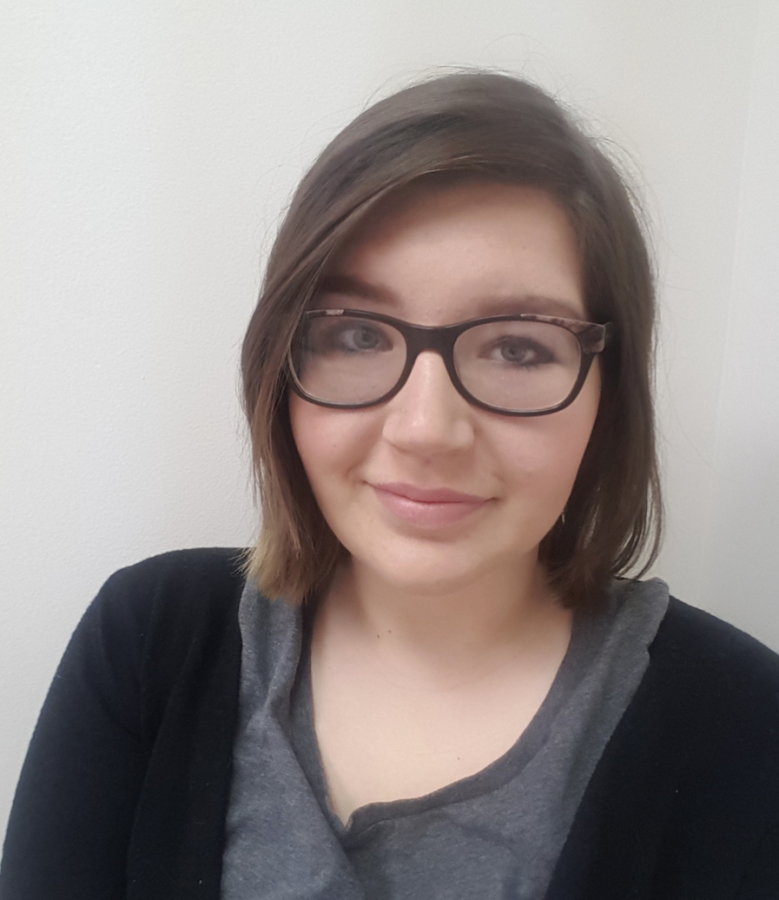Providing access for all
Abortion is a legal right in the United States. Women have legally been allowed to choose to have an abortion since 1973, when the Supreme Court decision Roe vs Wade declared that bans on abortions violated women’s right to privacy.
It also declared that a fetus is not a person and is thus not protected as a person under the Constitution; a “fetus, at most, represents only the potentiality of life.”
Despite its protection under federal law, however, access to abortion is becoming more and more difficult—no matter the reason for the abortion. Location, socioeconomic class, religion, and politics are just some of the many factors prohibiting the average woman from acting on her legal right to abortion.
Around 87 percent of counties in the United States have no abortion providers.
Another obstacle women face when seeking an abortion is a lack of funds. A large number of health care providers do not cover abortions, and those that do typically only cover abortions in the case of life endangerment, rape, or incest. Women in poverty,supported by welfare, Medicare and Medicaid, without supportive families or partners, homeless and teenagers are among those who are all unable to access their legal right to an abortion.
Every state in the United States has some sort of restriction on access to abortions, and much of the motivation for these barely legal restrictions is religious or political.
Considering the U.S. is supposed to have a clear delineation and separation between church and state, this is a huge problem. Health centers providing abortions must uphold ridiculous standard s— including not having weeds in the front lawn of the building —in order to remain in existence.
To get to these health centers, women must walk through hordes of protesters screaming vile comments and showing unrealistic pictures of fetuses. They must consult a doctor who is not required to tell her the truth about the procedure and can thus emotionally abuse her.
After that, she must wait at least 24 hours before enacting her legal rights. The woman is then often shunned from her community, made into a public enemy, and can have a hard time finding employment after her right to privacy has been so terribly violated. This scenario does not even remotely cover half of the turmoil women seeking to act upon their reproductive rights face.
This past weekend I had the opportunity to attend All Access: Cleveland, which was a pro-choice rally featuring comedians, musicians, and prominent members of multiple nationwide organizations supporting women’s reproductive rights.
Actress and comedian Jessica Williams hosted the evening, and special guests included actress Leslie Jones and singer Sia. Besides being a night of entertainment, it was meant to spread awareness about the issues women face when trying to use their reproductive rights. It is important that we support the choices of our fellow women and act as advocates for abortion accessibility.
As Leslie Jones said during her stand-up routine, “Keep supporting women. Keep supporting access.”
Bobbi Szabo is a columnist, contact her at [email protected].



